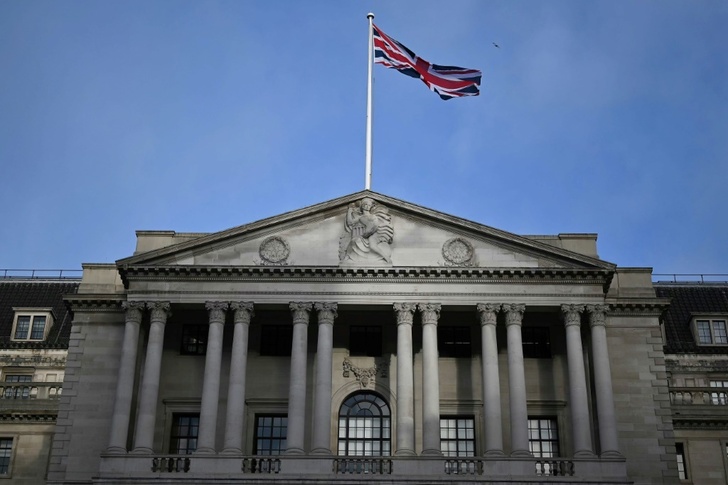A clutch of European central banks announce interest-rate decisions Thursday as markets remain jittery over turmoil in the global banking sector.
The Bank of England will join the Norwegian and Swiss central banks in revealing their latest moves on borrowing costs also in the face of stubbornly-high inflation.
All three are expected to lift rates, following the US Federal Reserve's decision Wednesday to hike interest rates by a quarter of a percentage point, or 25 basis points.
While the Fed said that "some additional policy firming may be appropriate in order to attain a stance of monetary policy that is sufficiently restrictive" to bring down inflation, it added that the recent turmoil in the banking sector may help achieve that.
Recent banking sector developments "are likely to result in tighter credit conditions for households and businesses and to weigh on economic activity, hiring and inflation," the Fed said in a statement.
Kicking off the European announcements, the Swiss National Bank is forecast to raise rates by 50 basis points, matching the last increase in December that lifted borrowing costs to 1.0 percent.
It would come just a few days after the SNB joined other major central banks in boosting liquidity in the wake of the latest banking crisis.
Switzerland at the weekend meanwhile brokered the takeover of crisis-hit Credit Suisse by its Swiss rival UBS.
Financial markets have been shaken additionally by the downing of Silicon Valley Bank and Signature Bank in the United States.
A catalyst for SVB's demise was the Fed's shift from near-zero interest rates to higher borrowing costs aimed at taming decades-high inflation.
This is the reason economists have in recent days spoken about the possibility of central banks pressing the pause button on interest-rate hikes.
But hot inflation remains a major problem and is widely seen as threatening a global recession this year.
At the start of the week, there was much talk about how the Bank of England could decide against lifting its key rate, which stands at 4.0 percent.
However, official data Wednesday showing a surprise jump in annual UK inflation to 10.4 percent quickly changed that conversation.
Ahead of the release, "the Bank of England's interest rate decision was a coin flip between a 25-basis points hike or no change in monetary policy", noted Fawad Razaqzada, market analyst at City Index.
But following the inflation number, the BoE is "now highly likely to raise rates by 25 basis points", he added.
An increase would be the central bank's eleventh in a row since the end of 2021 when its rate stood at a record-low 0.1 percent.
In between the decisions by the SNB and BoE, the Norwegian central bank is predicted to raise its interest rate by a quarter-point to 3.0 percent.
After five straight rises, Norges Bank left borrowing costs at 2.75 percent in January.
burs-bcp/rl/mca
© Agence France-Presse
Your content is great. However, if any of the content contained herein violates any rights of yours, including those of copyright, please contact us immediately by e-mail at media[@]kissrpr.com.
Source: Story.KISSPR.com

